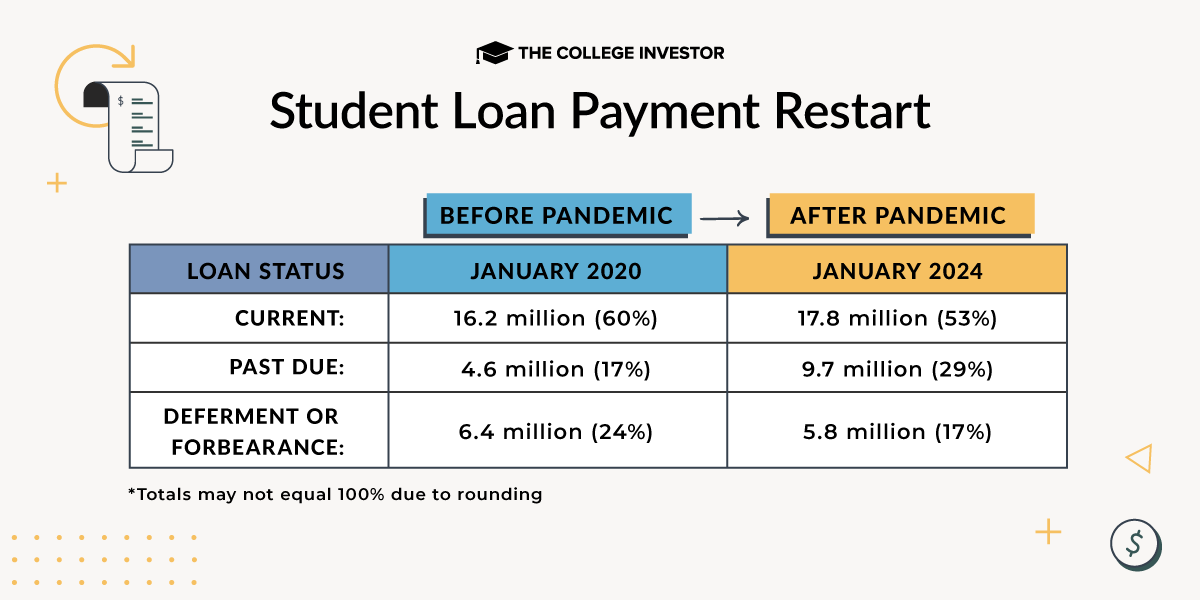
Key Points
- Seven states have filed an lawsuit to stop a "covert" $73 billion student loan cancellation plan by the Biden administration.
- The lawsuit accuses the administration of attempting to bypass legal procedures by secretly instructing loan servicers to begin mass cancellations.
- This is the third attempt by the Biden administration to implement mass loan forgiveness, despite previous legal defeats.
Seven U.S. states—Missouri, Georgia, Alabama, Arkansas, Florida, North Dakota, and Ohio—have filed a new lawsuit against the Biden administration, seeking to block what they describe as a secretive plan to cancel $73 billion in student loans.
The lawsuit, filed in the United States District Court for the Southern District of Georgia, accuses the Department of Education and President Biden of unlawfully attempting to mass cancel student loans without proper legal authority.
The legal action stems from newly uncovered documents that reveal the Department of Education’s instructions to federal contractors to begin canceling loans as early as September 3, 2024. Further documents exposed potentially political communication that was to be sent out to borrowers highlighting that the Biden-Harris Administration forgave these loans, all before the upcoming election.
According to the complaint, these cancellations could start immediately, with the potential to erase over $73 billion in loan balances overnight, with hundreds of billions more at risk. This also comes on the heels of a new report from the GAO that shows the student loan program swinging from break even to a large net-loss over the coming decade.

Alleged Unlawful Student Loan Cancellation
The states argue that this plan is not only unlawful but also an aggressive attempt to bypass judicial and congressional oversight. “This is the third time the Secretary has unlawfully tried to mass cancel hundreds of billions of dollars in loans,” the complaint states, referencing earlier unsuccessful attempts blocked by the courts.
The lawsuit highlights the administration’s efforts to avoid public scrutiny by quietly instructing loan servicers to proceed with cancellations before any legal challenges could be mounted.
The Biden administration’s first major attempt to forgive student debt, which relied on the HEROES Act, was blocked by the Supreme Court in 2023.
The administration’s subsequent plan, the SAVE Plan, which aimed to cancel nearly $500 billion in loans, was also halted by the courts earlier this year.
Biden's Third Attempt At Mass Loan Forgiveness
In this third attempt, the administration is purportedly relying on a different statute, the Higher Education Act of 1965 (HEA), to implement mass forgiveness. However, the states argue that this legal basis is even weaker than the previous ones, pointing out that the Department of Education itself concluded in 2021 that the HEA does not authorize the creation of a student loan forgiveness program.
The lawsuit seeks an immediate temporary restraining order (TRO) to halt the administration’s actions, arguing that the cancellation plan violates multiple statutes and exceeds the Department of Education’s authority. The states are requesting that the court stop the implementation of this plan before irreparable financial harm is done.
The Biden administration has yet to respond to the lawsuit, but the legal battle is setup to be another test of executive authority in the realm of student debt.
With billions of dollars at stake and the potential for widespread impact on millions of borrowers, the outcome of this lawsuit could have far-reaching implications for the future of student loan policy in the United States. However, in the short term, individual loan borrowers will still be left in limbo.
Don't Miss These Other Stories:

Robert Farrington is America’s Millennial Money Expert® and America’s Student Loan Debt Expert™, and the founder of The College Investor, a personal finance site dedicated to helping millennials escape student loan debt to start investing and building wealth for the future. You can learn more about him on the About Page or on his personal site RobertFarrington.com.
He regularly writes about investing, student loan debt, and general personal finance topics geared toward anyone wanting to earn more, get out of debt, and start building wealth for the future.
He has been quoted in major publications, including the New York Times, Wall Street Journal, Washington Post, ABC, NBC, Today, and more. He is also a regular contributor to Forbes.
Editor: Colin Graves
